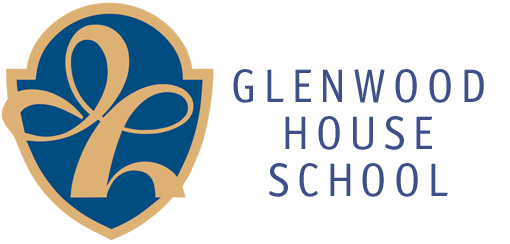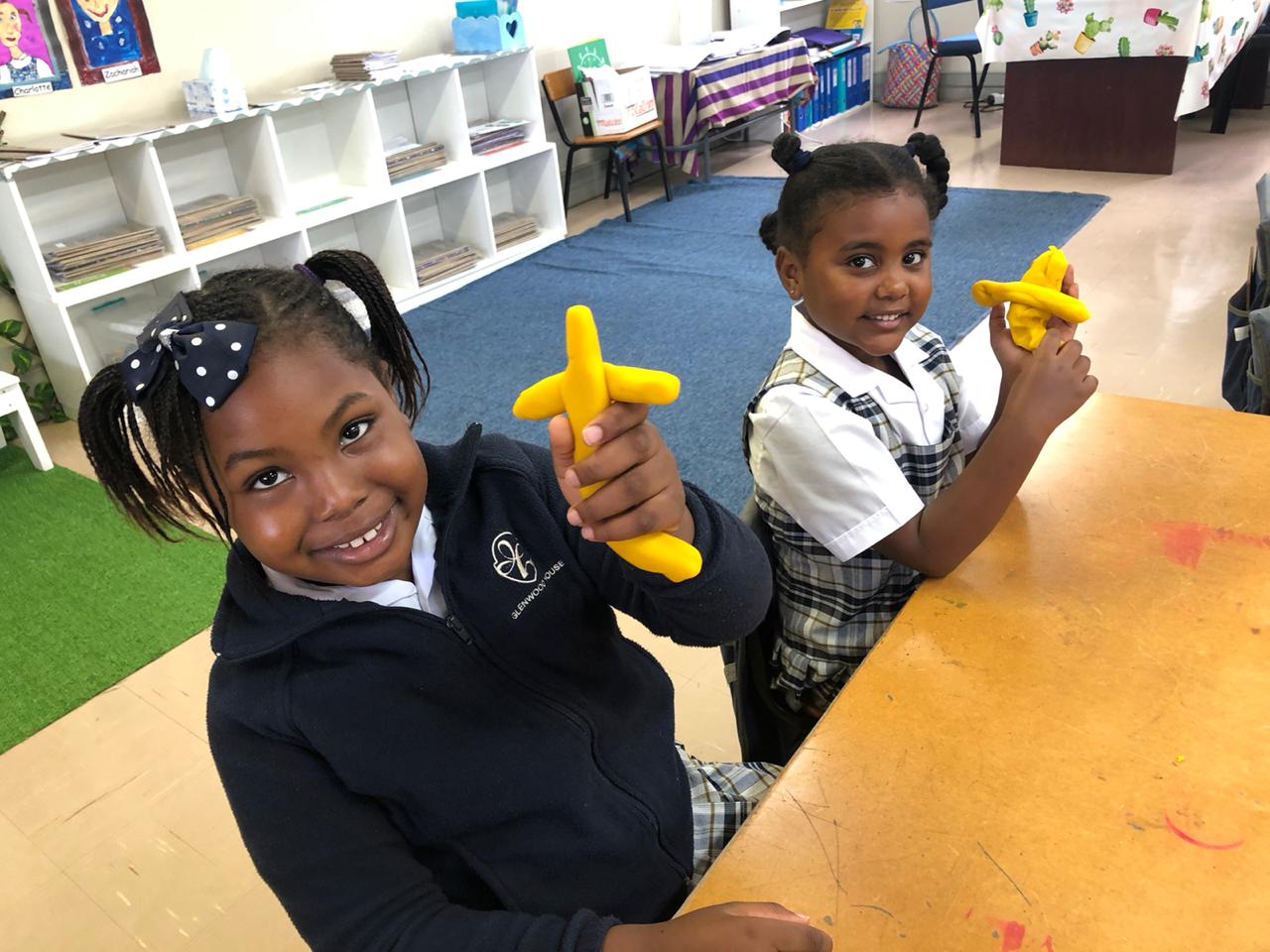PREPARATORY
At Glenwood House Preparatory School we use the National Curriculum (CAPS) as the basis of our education.
We believe that learning encompasses so much more than just timetabled lessons. We endeavour to provide our pupils with a solid knowledge of the core subjects, while at the same time providing them with critical thinking, logical reasoning and practical research skills. CAPS is the foundation on which we base our teaching, however, much of what happens in our classes far exceeds National Curriculum expectations, equipping learners for the demands of Glenwood House College education and beyond.
Our classes are limited to 26 learners and lessons are presented using teaching aids in line with the latest trends in education technology. A number of our classes are equipped with computers and interactive whiteboards, bringing a world of information into the classroom. We have well-equipped science laboratories as well as an excellently resourced music centre. We boast a brand new media centre where children can access information between the pages of a hardcopy book or by searching the World Wide Web on dedicated computers.
Teaching Staff
Foundation Phase (Grade 1 – 3)
-
Reporting
Assessment is on-going. Parents are invited to participate in a three-way conference with their child and teacher during the first term. A formal report is issued at the end of the second term. Student-led conferences are held during the third term. Parents, once again, receive a formal report at the end of the fourth term.
-
Support Classes
Our view is that the nurturing and growth of students is of paramount importance. A network of teachers and supportive parents is established early in the year and valued throughout. We offer support classes to all students who require added consolidation in English and Mathematics.
-
Remedial Classes
Students who need more assistance in order to make learning more comfortable are accommodated in the remedial class which is run on an extra-curricular basis.
Intermediate Phase (Grade 4, 5 and 6) & Senior Phase (Grade 7)
-
Benchmarking
We use recognised and reputable international benchmarking assessments in Grade 3 and 6 to ensure our learners are on track to unlocking their full potential. Our Grade 7 pupils participate in the IEB Match Assessment which assesses their readiness for high school.
-
Support Classes
Learners requiring additional academic support are helped in small group classes every week. Children with more pressing needs are accommodated on a one-to-one basis with our qualified remedial teachers.
Although we are a mainstream school, we have a very comprehensive accommodations department which caters for the learning needs of children with a variety of barriers to learning.
-
Reporting
Our academic calendar is made up of three cycles culminating in an end of year exam. During each cycle, our Gr 4 – Gr 7 learners are evaluated by means of ongoing school-based assessments as well as formal cycle tests. Cycle tests are written by Gr 5 – 7 students at the end of each term. Exams are only written at the end of the year in November. Grade 4 pupils only write English, Mathematics and Natural Science exams.
At the end of each cycle the cumulative mark is calculated and a report is generated for each learner.
-
Academic Communication with Parents
We believe in an open-door communication policy with parents. If there are any concerns parents are encouraged to contact the teachers, the head of the department or the head of the preparatory school.
Parents’ Evenings for the junior as well as the senior phase are scheduled after the learners receive their reports and parents are notified of the date and time. This is a wonderful opportunity for teachers and parents to meet to discuss the general progress of the students. Naturally, one does not have to wait for parent evenings, one can phone reception and make appointments to see teachers anytime during the year.
The Senior Preparatory School also uses Panel Discussions in cases where the progress of a learner is a concern in more than two classes. (Parents as well as all the teachers are present in these meetings.) The Panel Discussion provides an overall view of progress and highlights problems quickly and efficiently.
All activities for the Preparatory School, including sport, tests and projects are communicated to parents via:
- MS Teams
- The electronic D6 Communicator
- Circular notices (printed or emailed)
- Weekly Planner (printed)
- SMS messages
- Whattsapp groups
-
Global Citizenship
We are acutely aware of the fact that we are preparing our children for a ‘connected’ world in which simple academic skills are not enough. Our children need a variety of skills to ensure they can be valuable citizens of the Global Village.
At Glenwood, our offering includes implicit teaching of:
- Self-management skills
- Creative and critical thinking skills
- Communication skills
- Social skills (collaboration)
- Research skills
- Responsible use of Technology
- Attitudes of respect, diversity and inclusion
-
Emotional Well-being
The emotional well-being of each and every child is of paramount importance to us. Our teachers are passionate about children and take great interest in every child in their care. We we have taken a conscious decision to address the overall well-being of each and every child.
We run bi-weekly clubs which are designed to foster a sense of belonging and a space in which children can interact with each other in a relaxed and constructive manner. The sessions will be well-planned and equip children with a variety of practical skills as well as life skills that they wouldn’t necessarily learn in the classroom.
Top 10 Assemblies
Homework, Tasks and Projects
START PURSUING YOUR CAREER IN EDUCATION NOW!
CONTACT US
ABOUT
All Rights Reserved | ADvTECH Group Ltd

